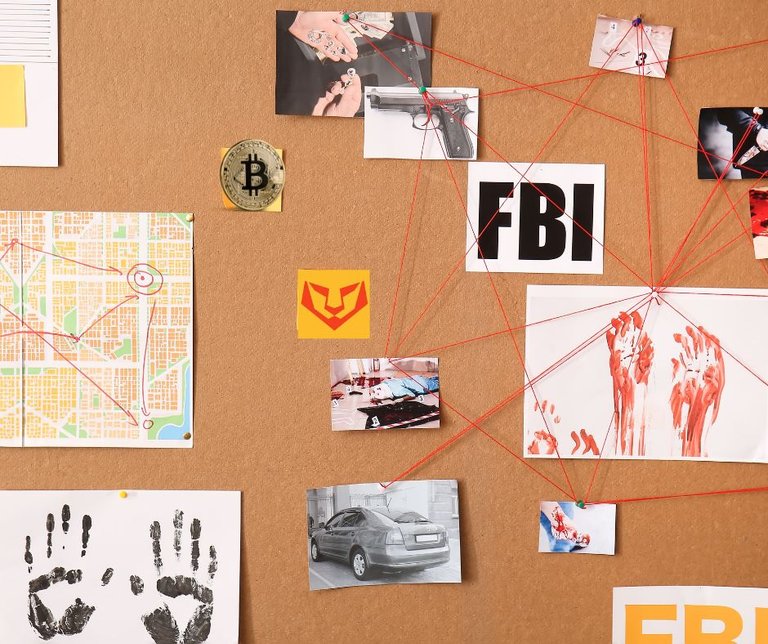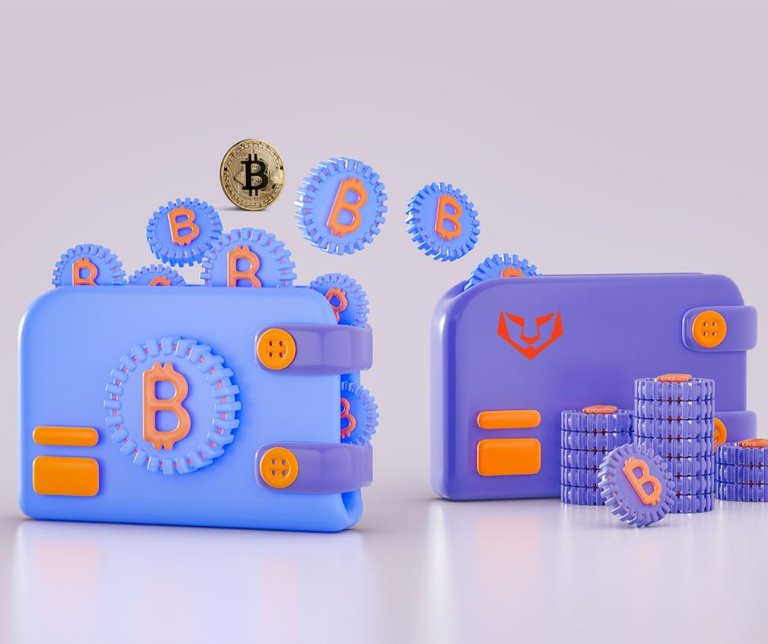70 Million Dollar Hack Reignites Online Safety Warnings

70 Million Dollar Hack Reignites Online Safety Warnings
Goooooooood morning Lion’s and happy Monday from the east coast of this floating rock! Today we’re breaking some news on another USD 70 million that has ended up in the wrong address due to a scam and as such, decided that it is a great time to discuss the importance of ensuring you enter addresses correctly.
We will also be exploring a number of different way to keep your decentralised assets safe and secure as a lot of people are still keeping funds and assets on centralized exchanges (CEX). There is a long history of crypto exchanges collapsing and with it, retaining people’s funds resulting in billions in losses and people’s entire life savings being erased.
So lets take a look at some of the important measures you can implement to keep you and your assets safe will exploring the ever growing world of Decentralized Finance (De-Fi)

Poisoned Wallet Loses USD 70 Million
Crypto Currency trading has undoubtedly brought in a new era of financial possibilities and opportunities. But with it comes the ever looming threat of scams and security breaches. Recently a crypto trader fell victim to an "address poisoning" scam resulting in the loss of nearly USD 70 million. This incident serves as a reminder of the importance of vigilance and understanding the security measures available in the crypto space.
Address poisoning scams, like the one encountered by the unfortunate trader in the article above involve the creation of spoof accounts mimicking legitimate addresses. These fake addresses are used to lure victims into sending funds and ultimately resulting in substantial losses. With blockchains being inherently public scammers can easily identify large wallet holders and exploit vulnerabilities in unsuspecting traders' transactions.
In this particular case the victim transferred a staggering USD 69.3 million worth of Bitcoin to the fraudulent address leading to a devastating loss of assets. The aftermath saw the victim's crypto wallet depleted by 97% leaving only a fraction of its former value. Security firms such as CertiK and Peckshield confirmed the nature of the scam shedding light on the intricacies of such malicious activities.

FBI Report Identifies USD 4 Billion in Lost Money
The repercussions of falling victim to crypto scams extend beyond monetary losses as they erode trust and confidence in the digital asset space. The growth of such scams is evident in the FBI's 2023 internet crime report which highlighted crypto related frauds amounting to nearly USD 4 billion in losses. From "pig butchering" schemes to impersonation tactics scammers employ various means to exploit unsuspecting individuals, underscoring the need for heightened awareness and caution.
To mitigate the risk of falling victim to similar scams crypto traders must adopt robust security practices when handling their assets. Platforms like Trezor emphasize the importance of double checking transaction addresses and avoiding copying addresses from transaction histories to thwart address scams. You can also conduct small test transactions before executing larger transfers which can serve as an effective verification method and minimizing the likelihood of sending funds to fraudulent addresses.

Crypto Wallet Tips and Tricks
The choice of crypto wallet plays a pivotal role in safeguarding assets against potential threats. The crypto space offers a large option of different wallets each with their own unique features and security measures. Understanding the trade offs between convenience and security is essential in selecting the most suitable wallet for one's needs.
Wallets can be broadly categorized as hot or cold depending on their connection to the internet. While hot wallets are convenient for frequent transactions they are more vulnerable to hacks. On the other hand, cold wallets offer enhanced security but are better suited for long term storage rather than active trading.
The distinction between custodial and noncustodial wallets dictates the level of control users have over their private keys. While custodial wallets may offer ease of use they expose users to risks such as security breaches and fraud. Noncustodial wallets in contrast empower users with full control over their assets but also require greater responsibility in safeguarding private keys.
The unfortunate incident of a crypto trader losing USD 70 million serves as a reminder for all participants in the digital asset space. That prioritizing security measures such as address verification and selecting reputable wallets are an important part in order to safeguard their assets against potential threats. As the cryptosphere is a relatively new sector with many threats arising, people need to understand that much of tomorrow’s financial future is still being developed and they need to play it safe online.
Image sources provided supplemented by Canva Pro Subscription. This is not financial advice and readers are advised to undertake their own research or seek professional financial services.
Posted Using InLeo Alpha
$70m is a lot of money
That’s too much!!!